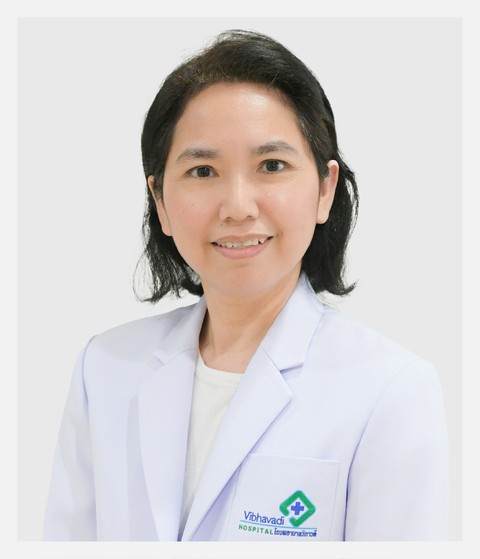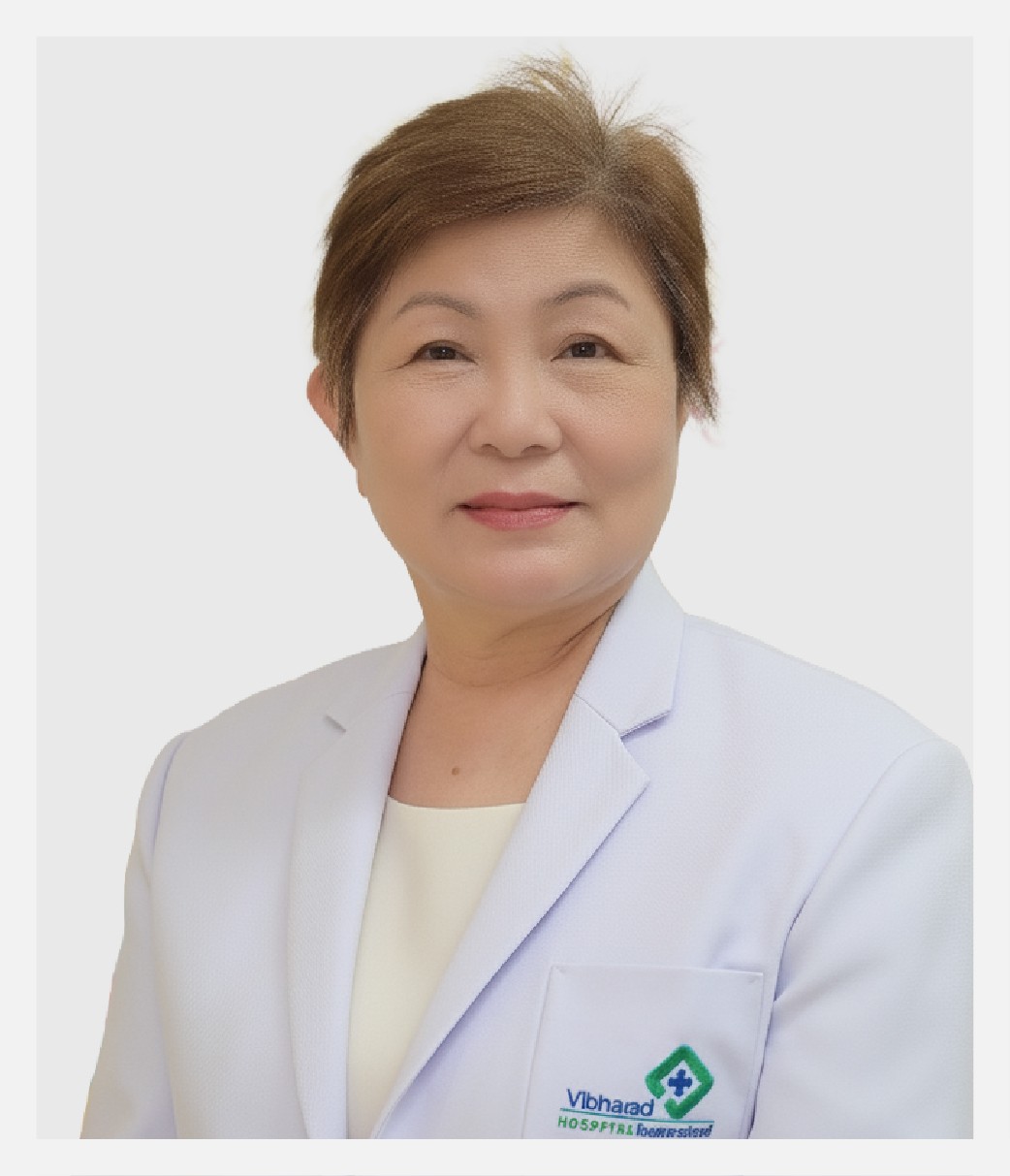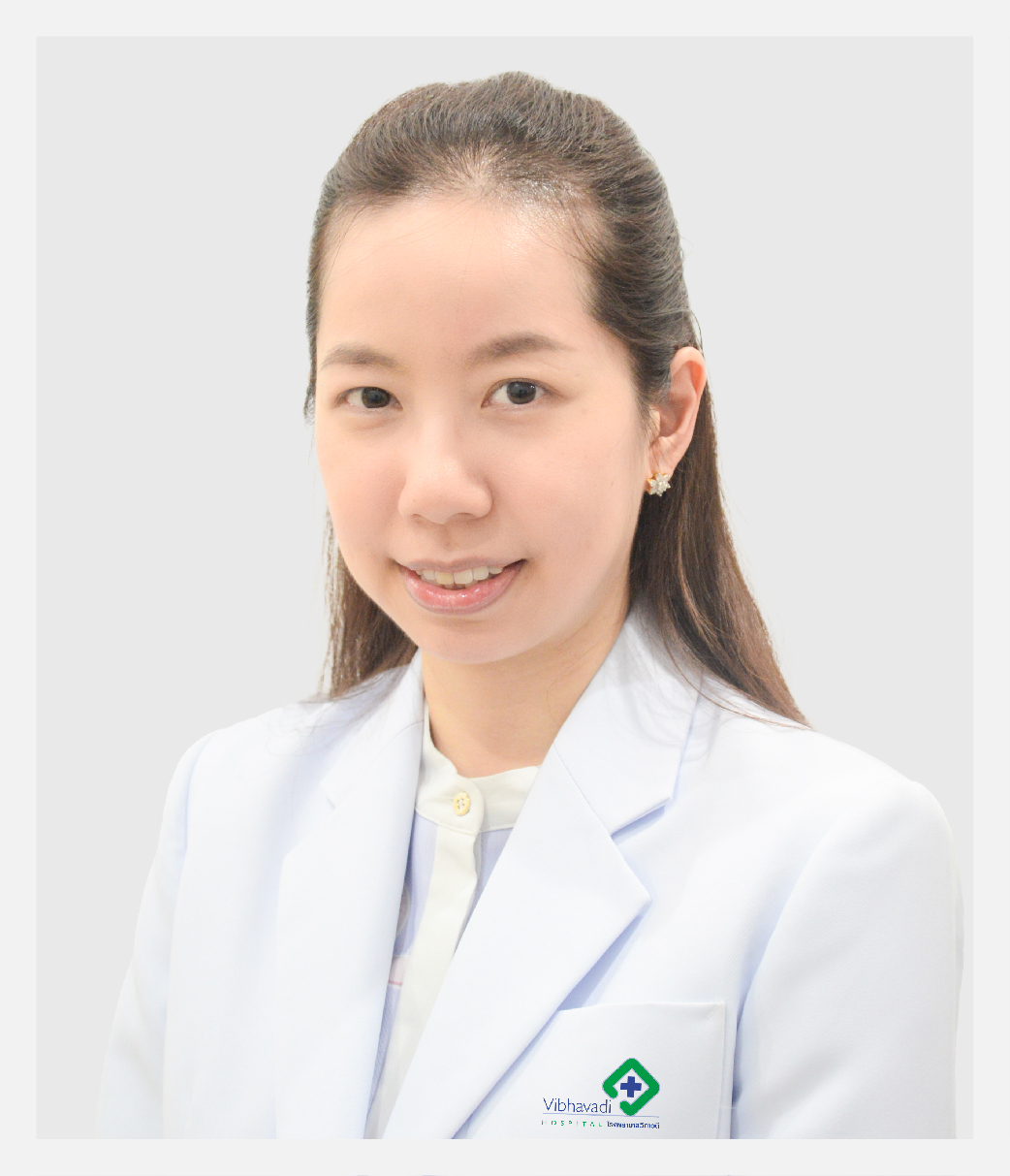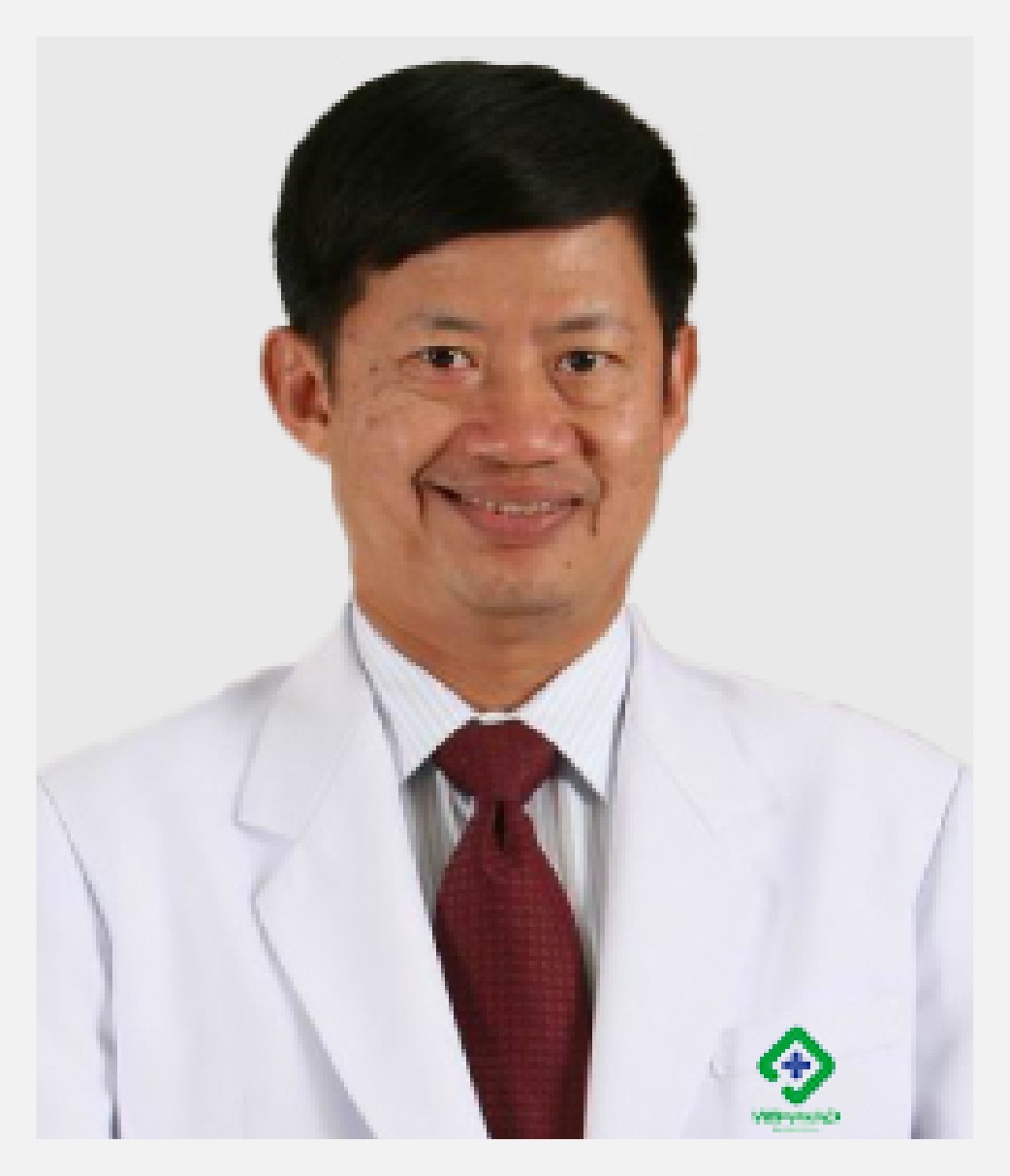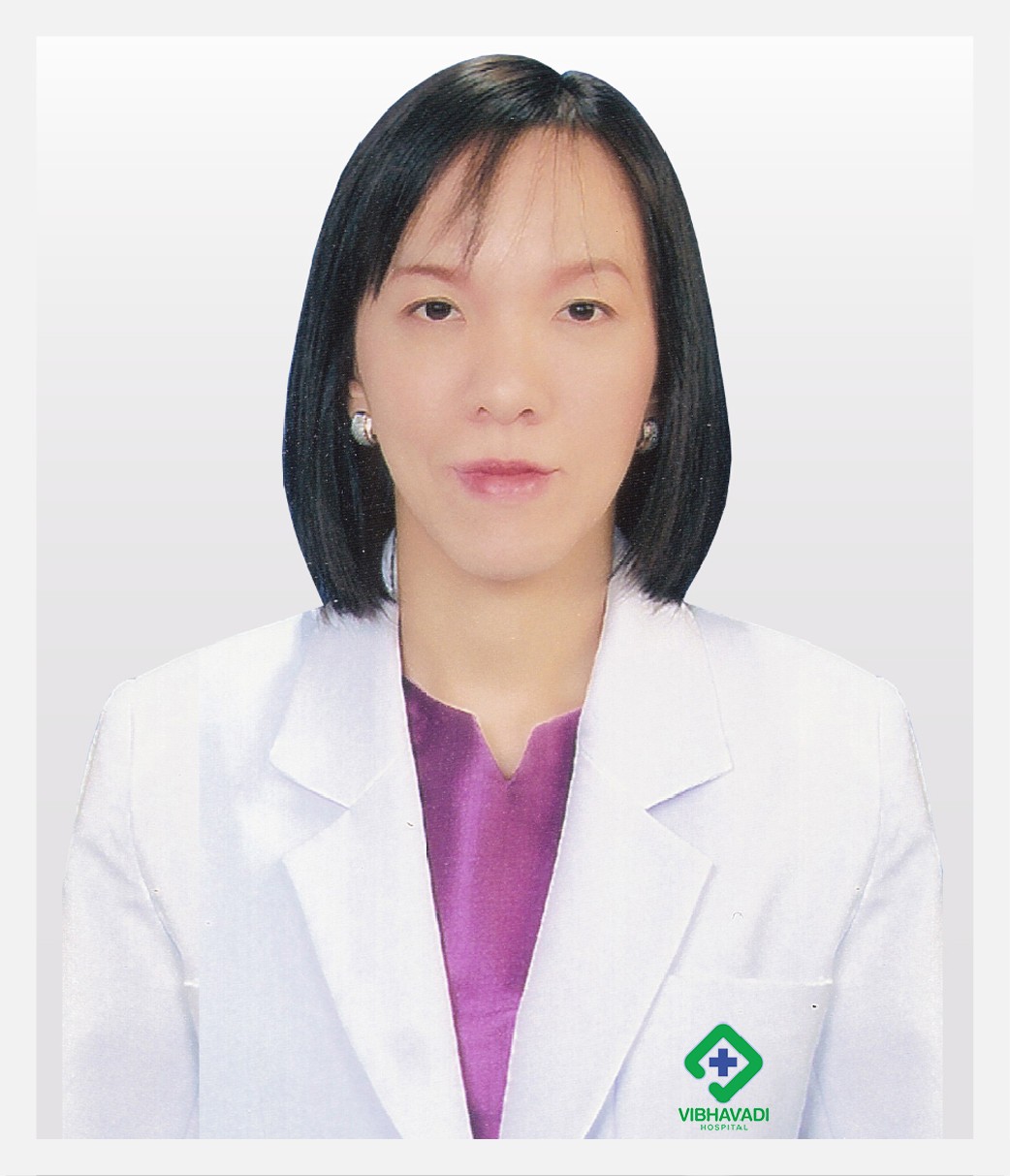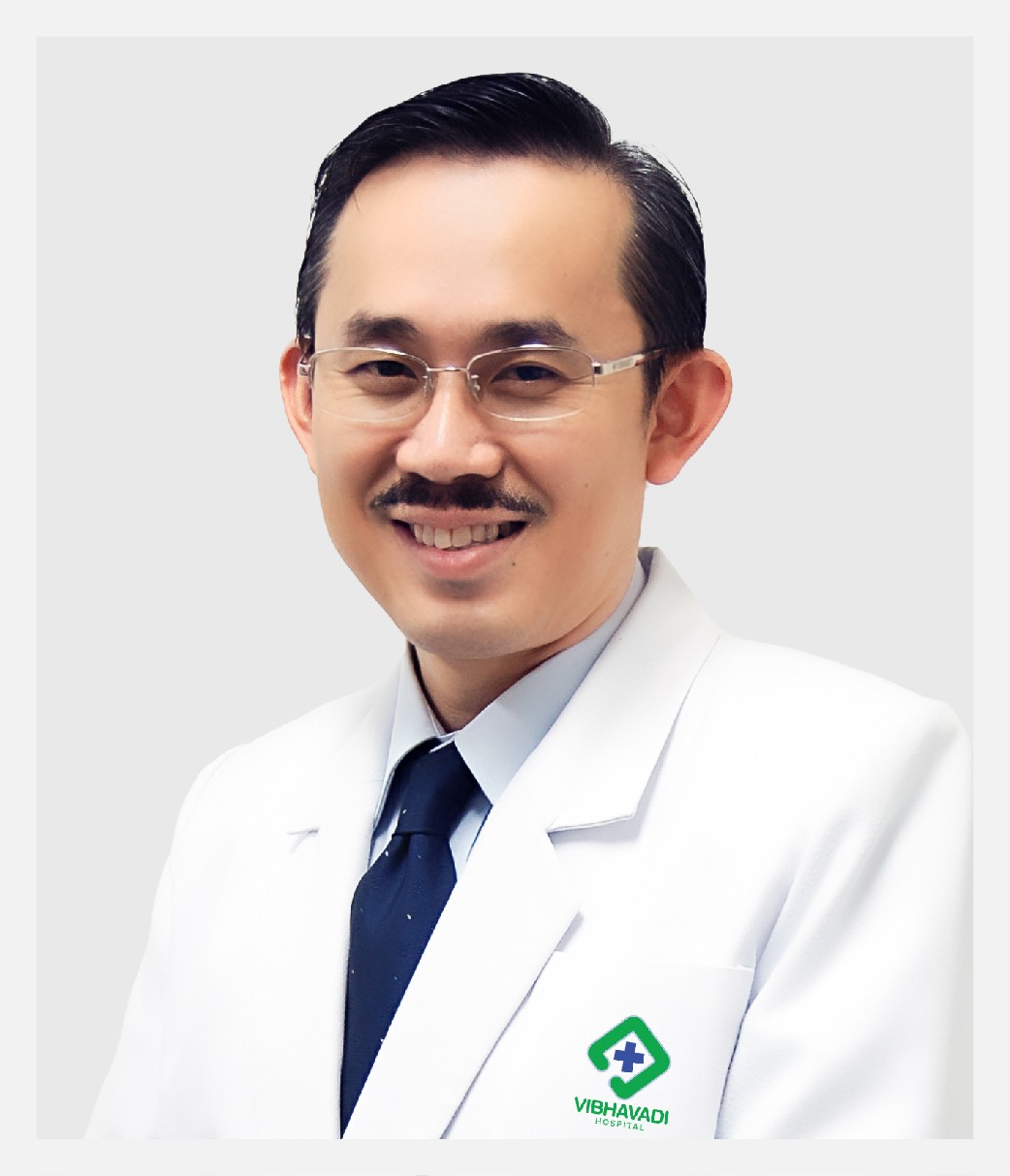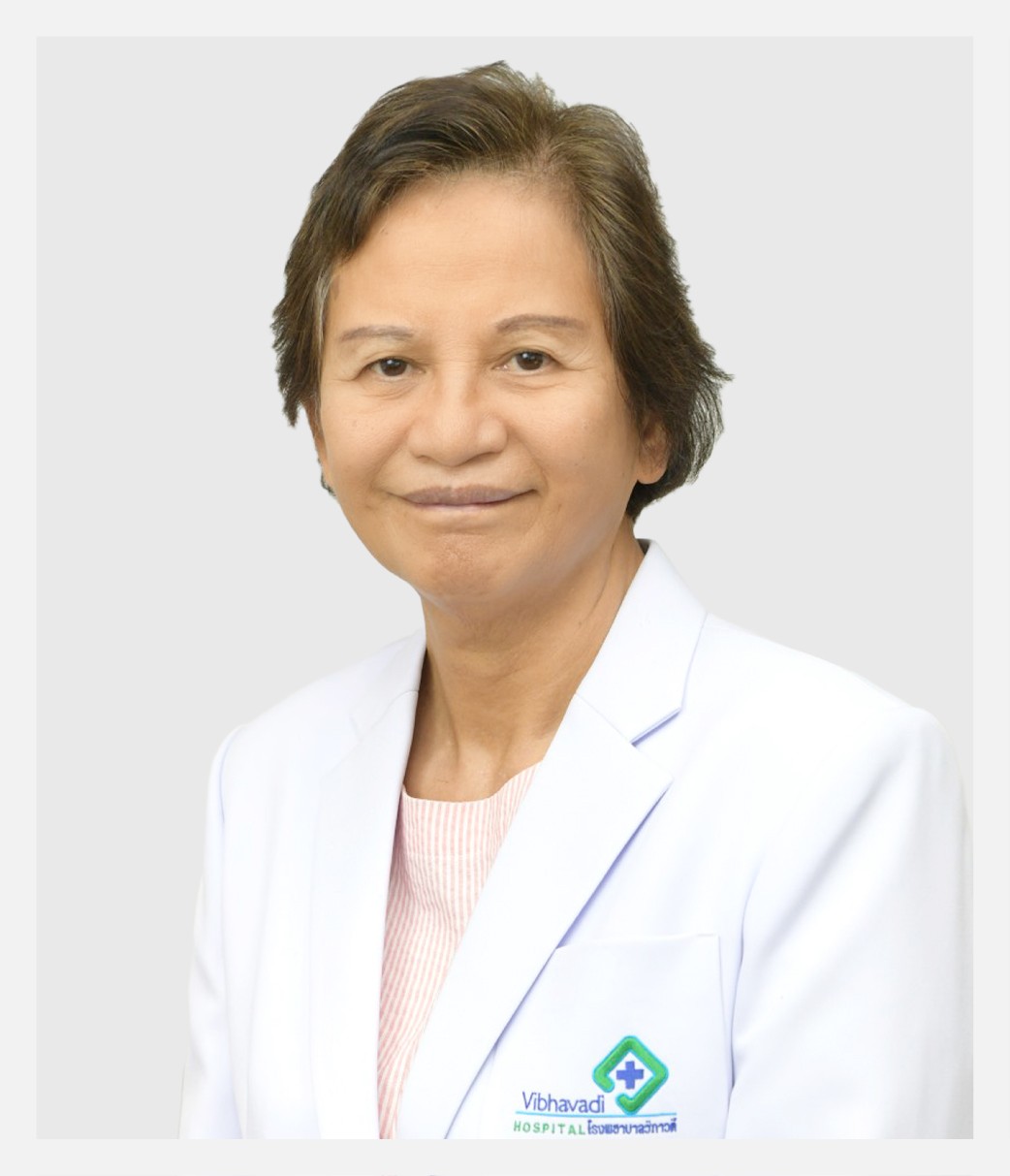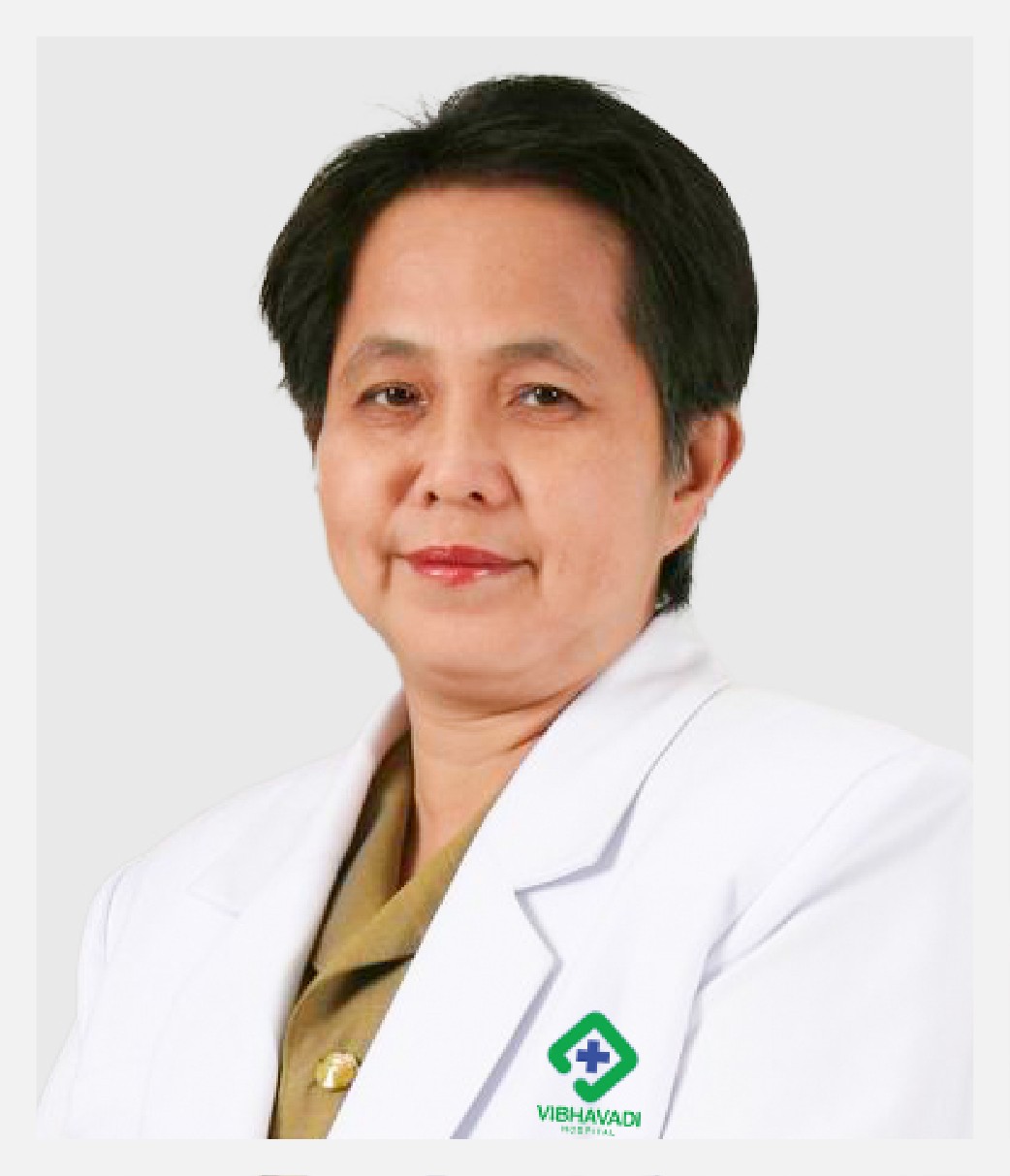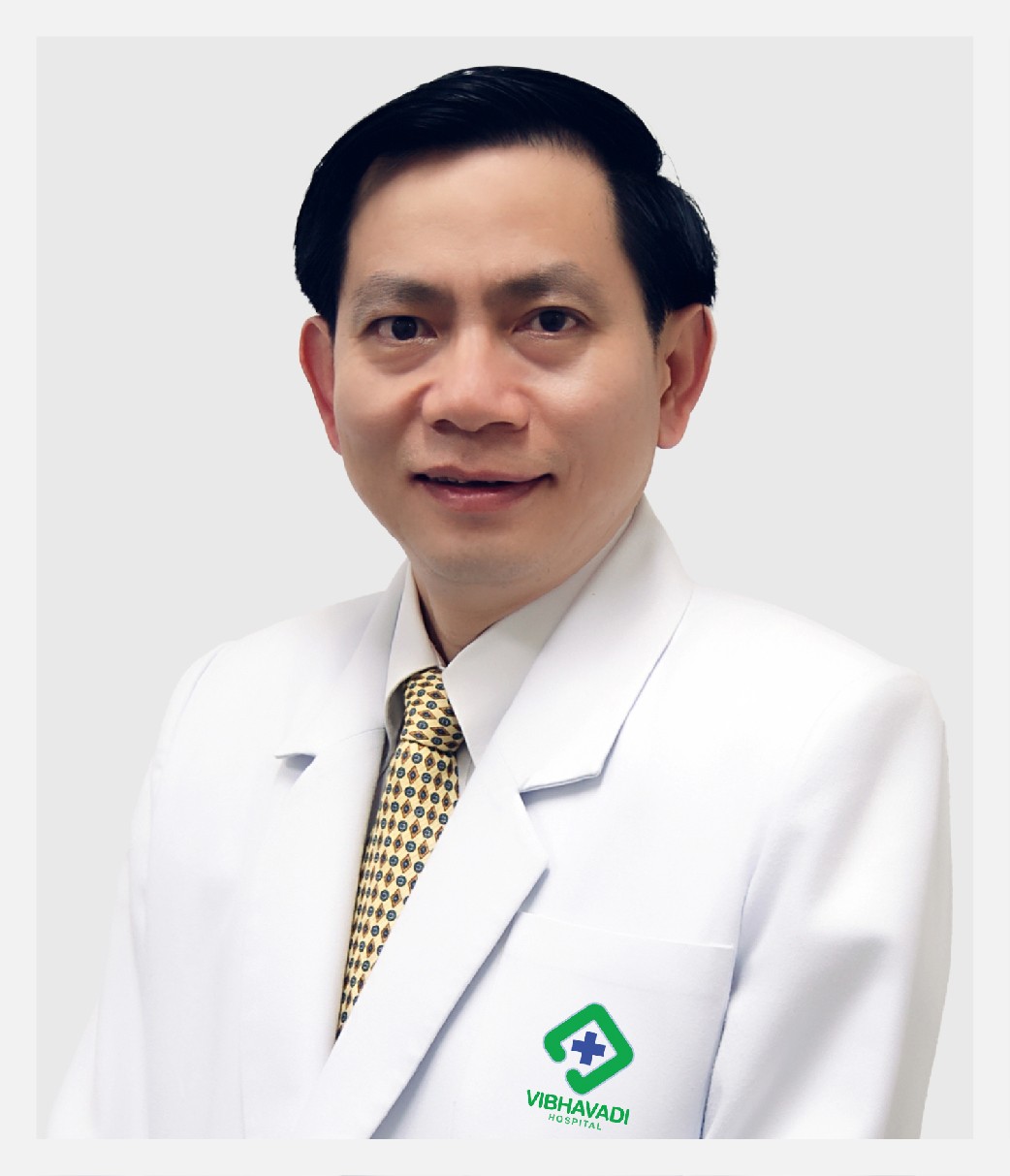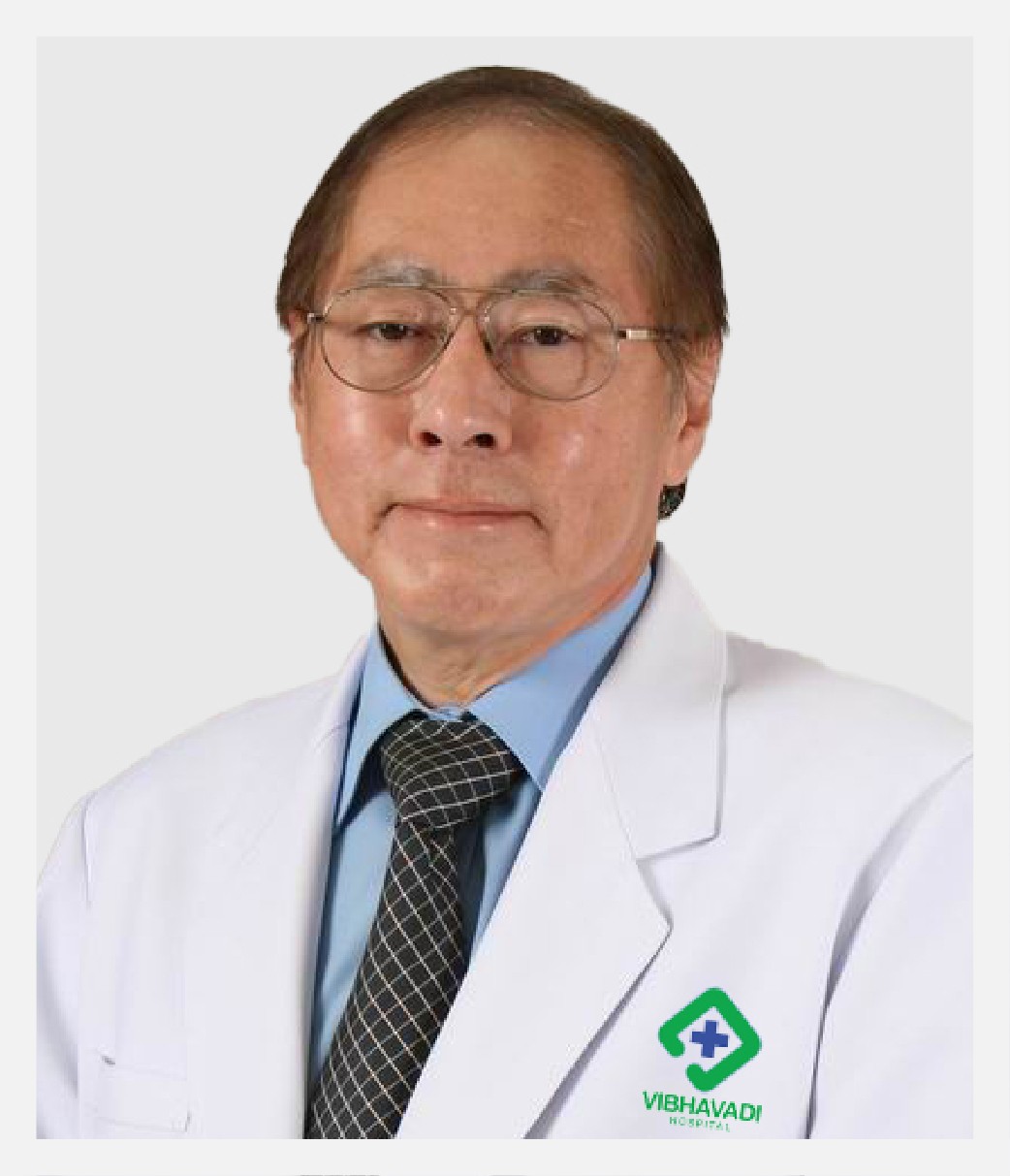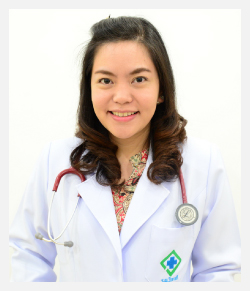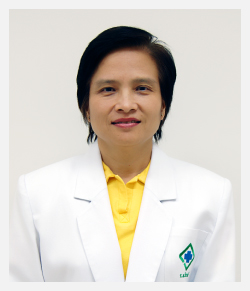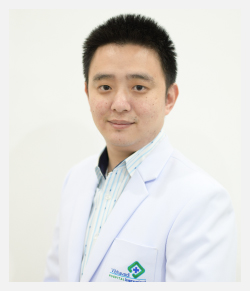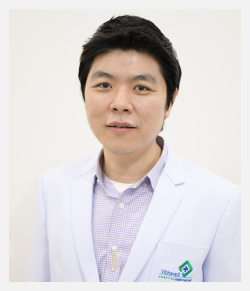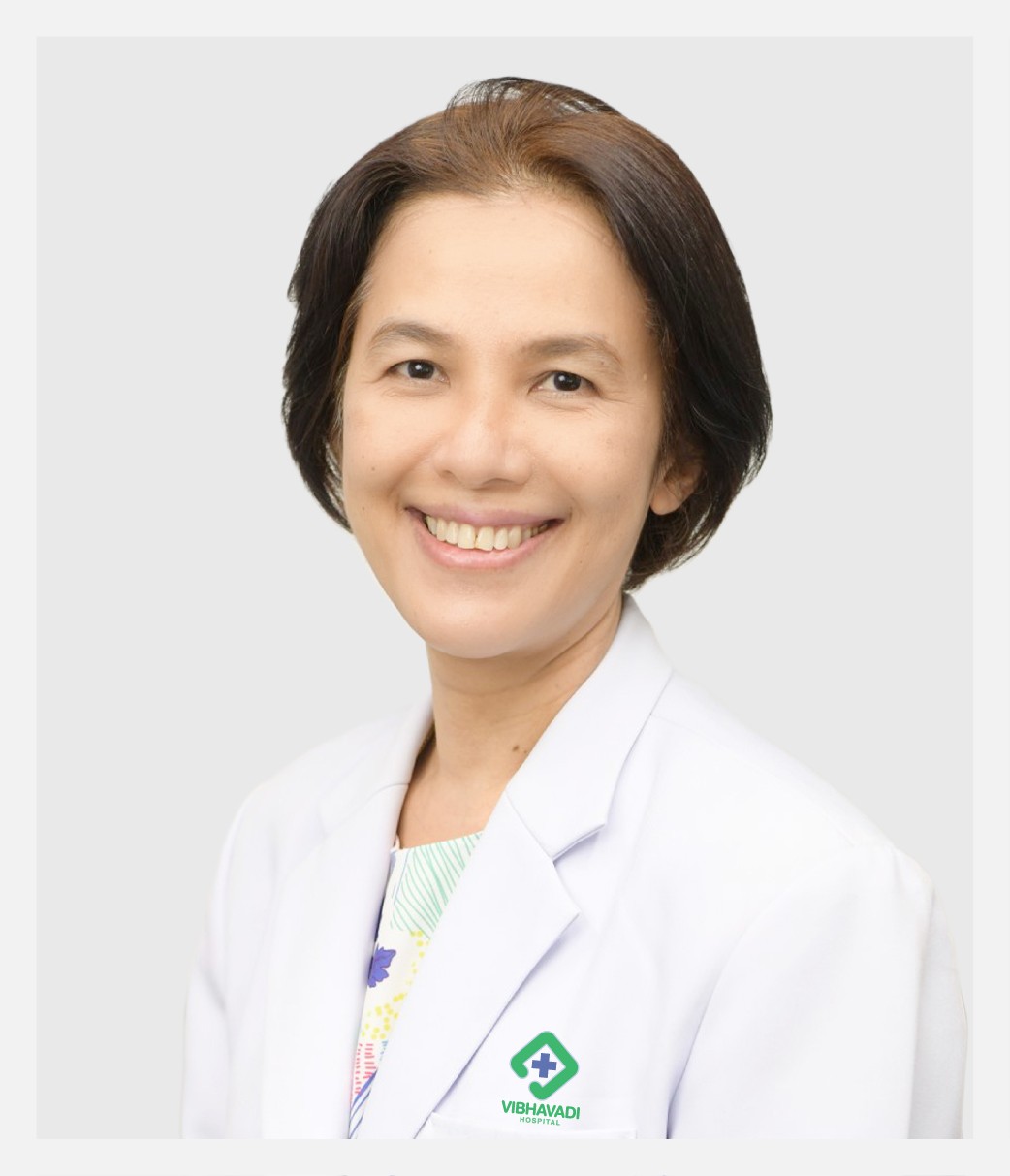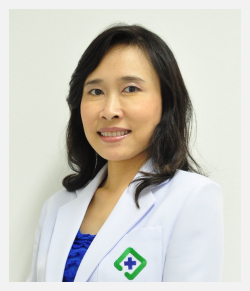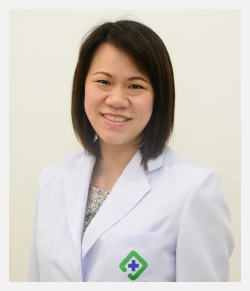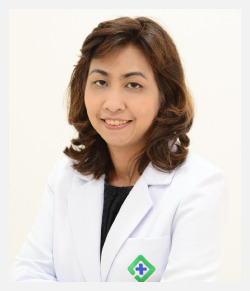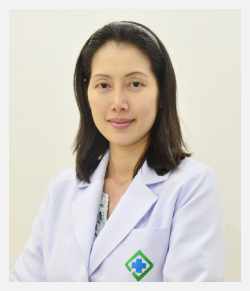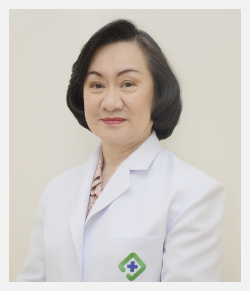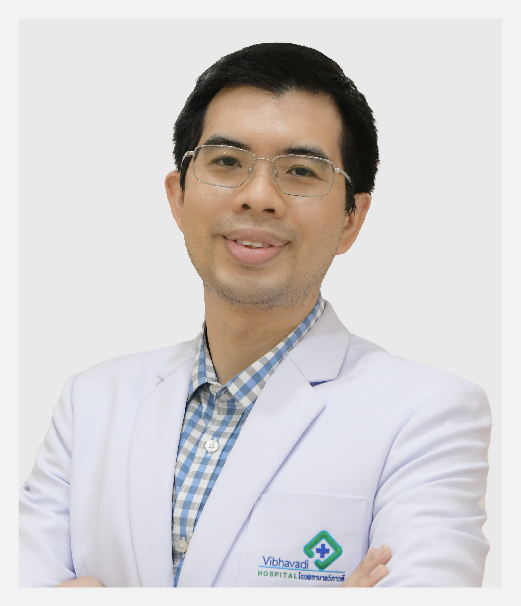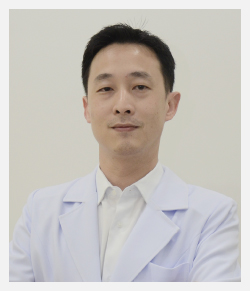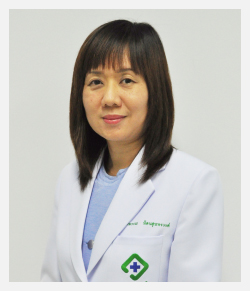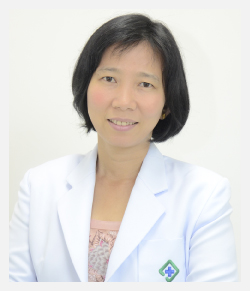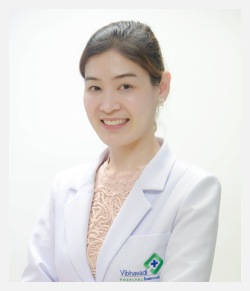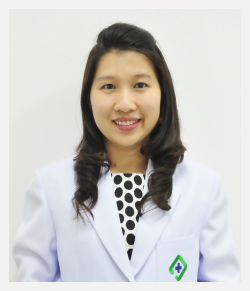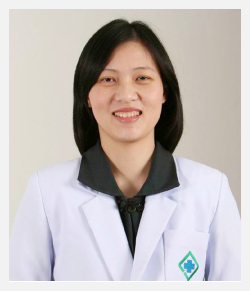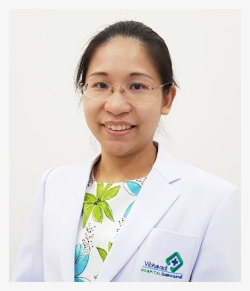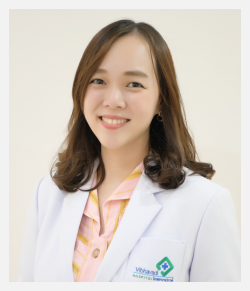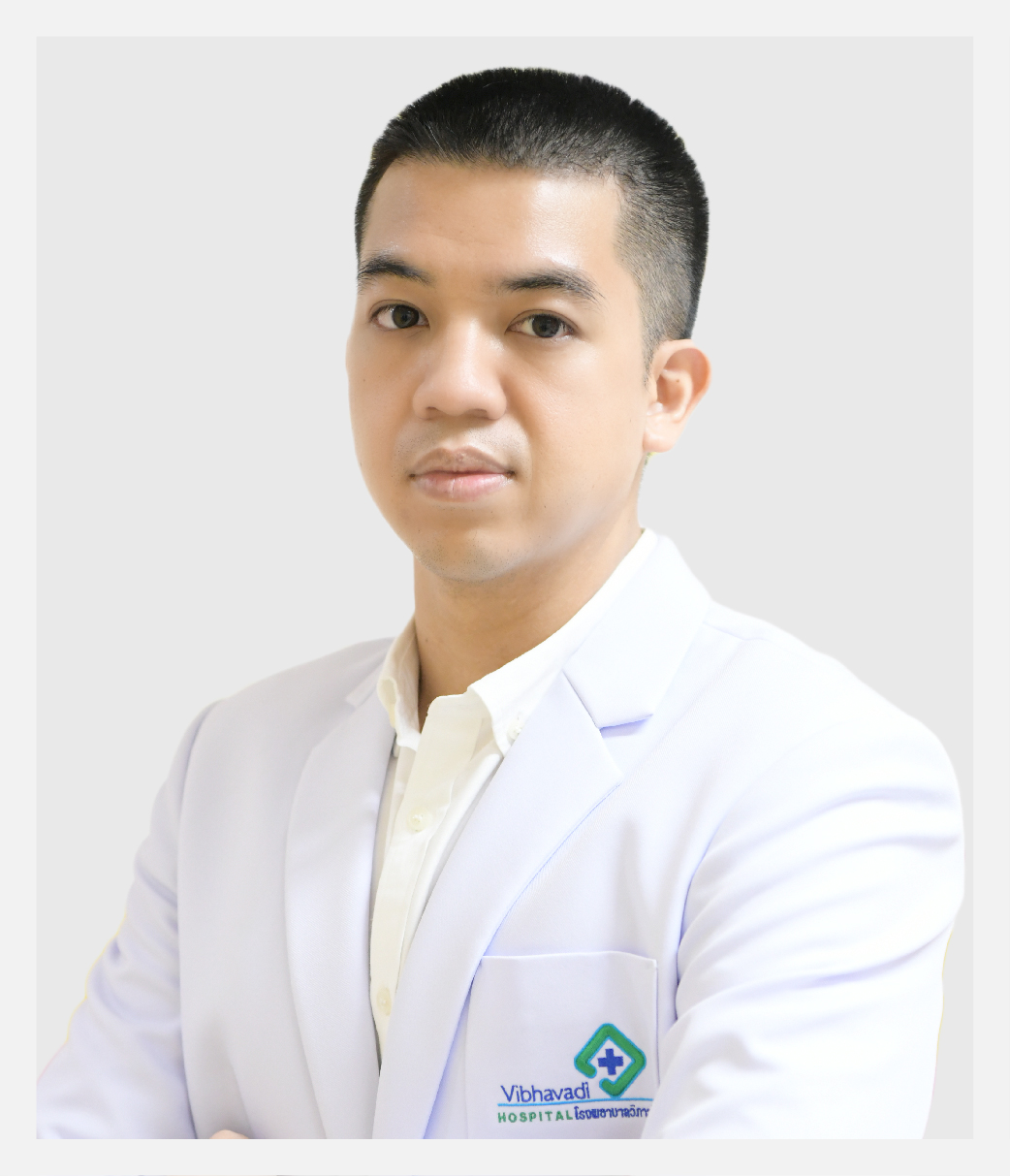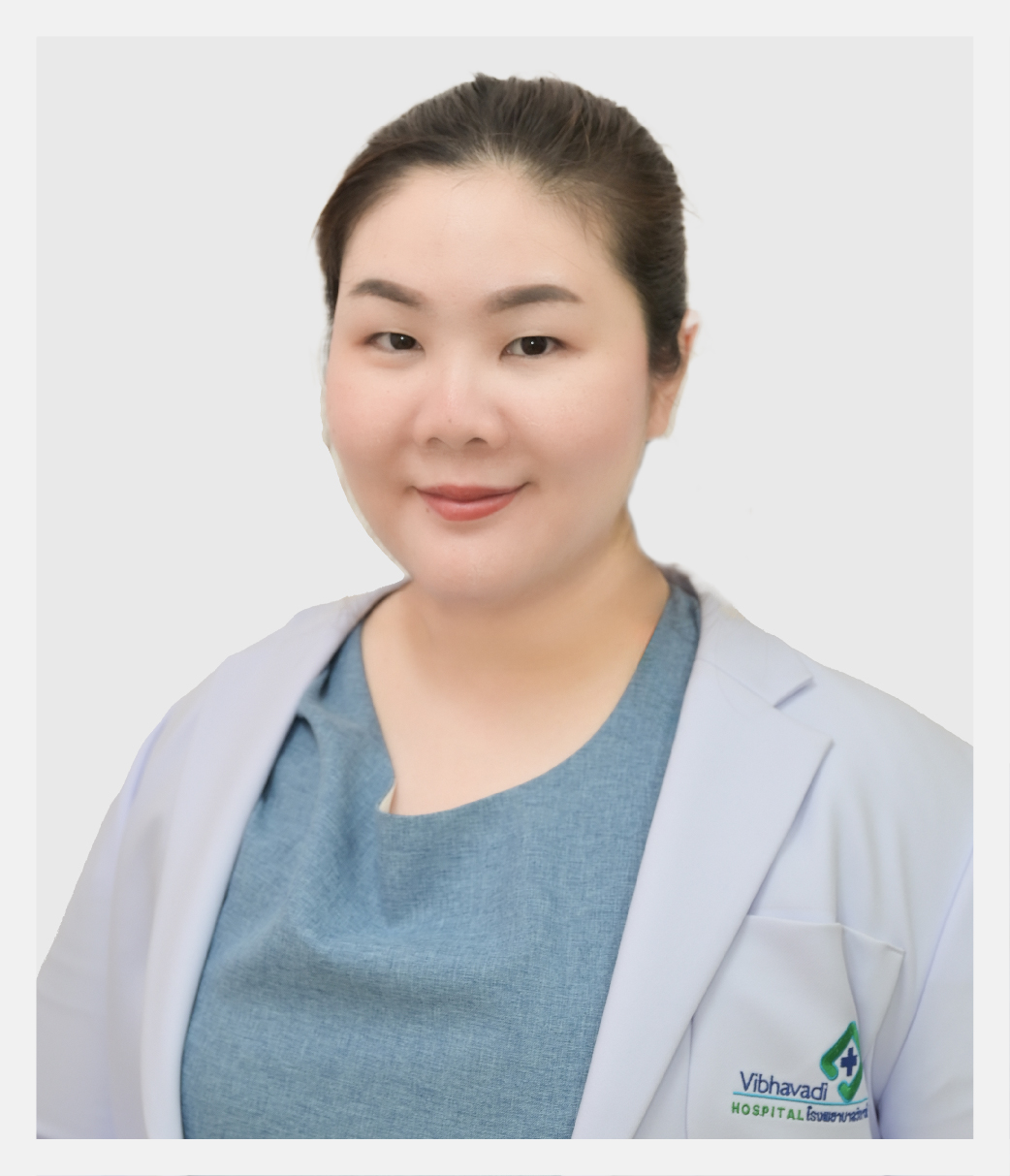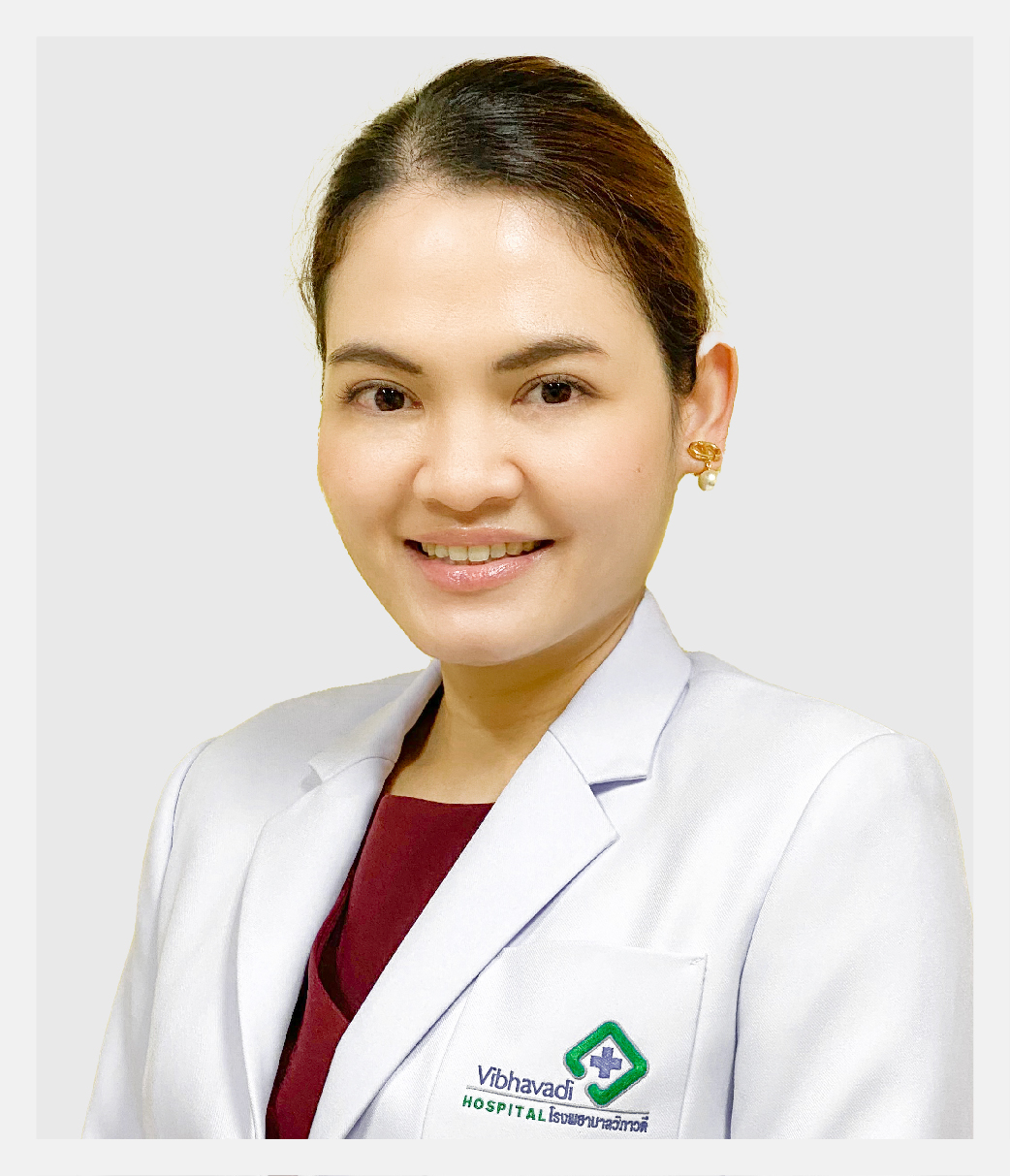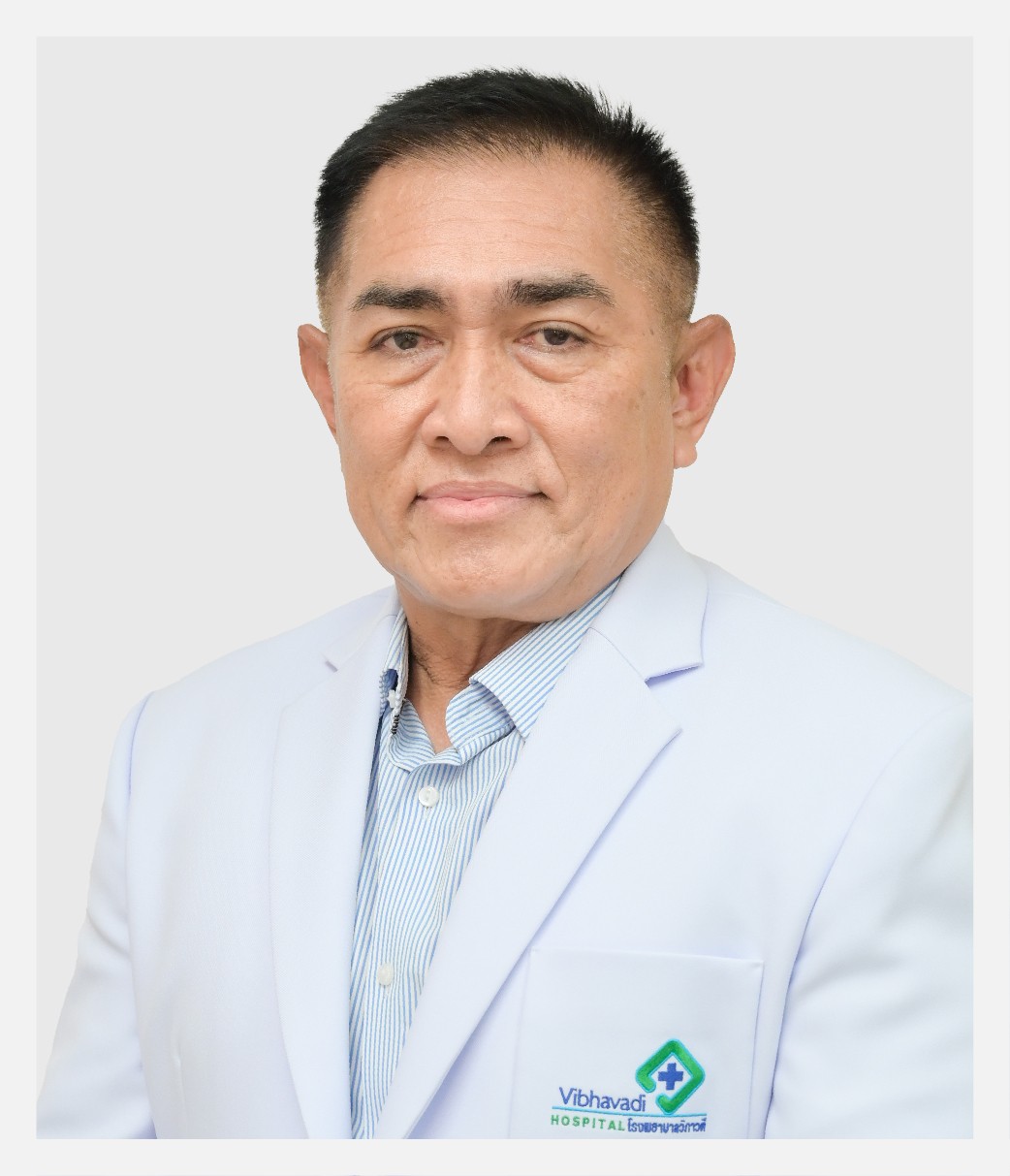Pediatric Heart Disease Treatment
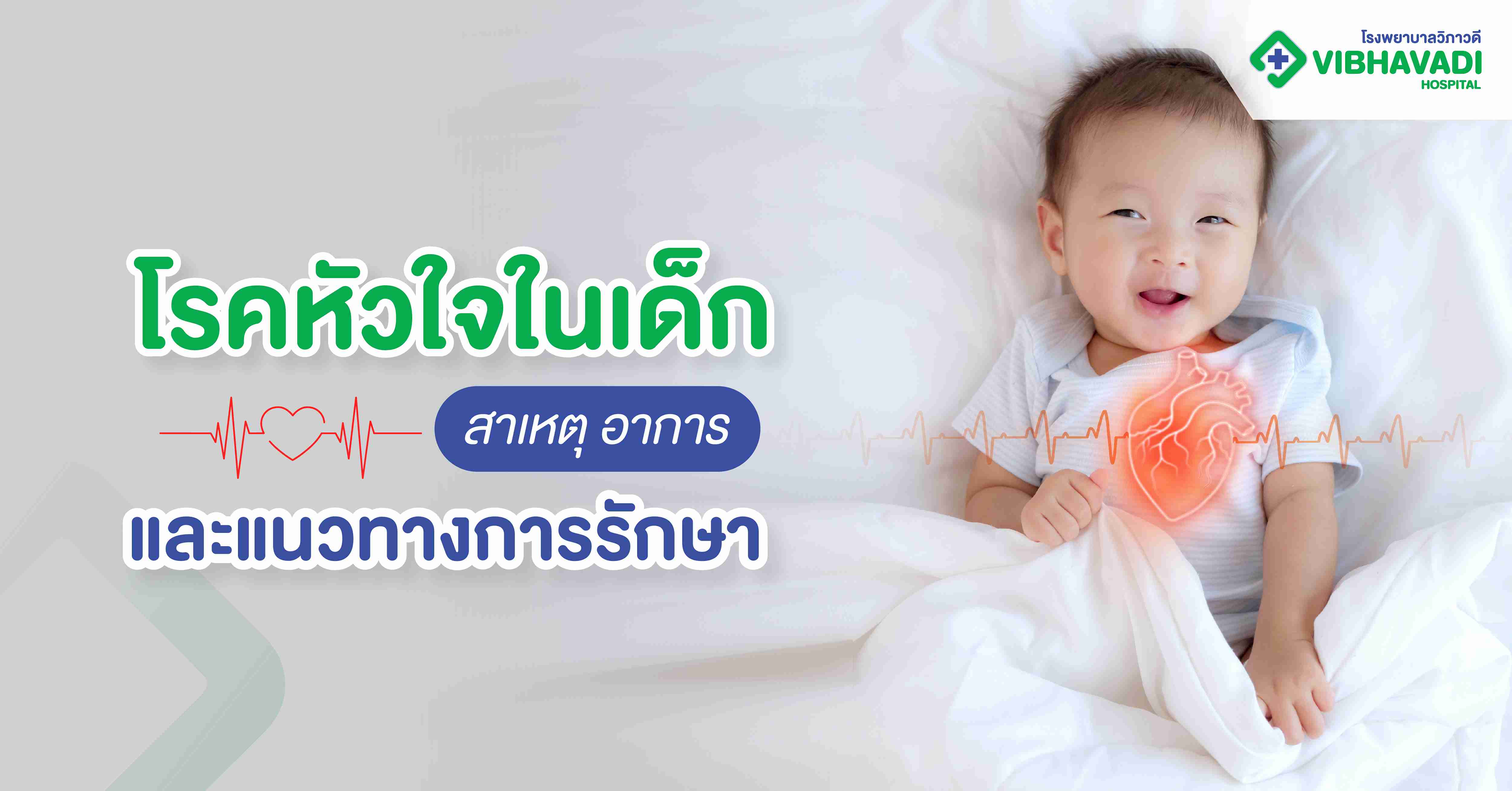
Pediatric Heart Disease in Children
Pediatric heart disease refers to any issues that have got to do with the heart when it comes to infants, children and adolescents. These issues can be present at birth or a child can develop it as they grow. Early detection and proper treatment go a long way in helping with treatment and recovery when it comes to heart issues.
What Is Pediatric Heart Disease?
Pediatric heart disease is a group of heart disease that affects children, these diseases can either be present since birth, known as congenital, or it could also happen as a child grows, which is known as acquired. Pediatric heart disease is different from the heart diseases that adults get due to the fact that a child’s heart is still growing and it's not yet fully formed. To manage these unique conditions, healthcare professionals like pediatric cardiologists are required, as they specialize heart diseases that have to do with children.
Congenital Heart Disease (CHD)
During fetal development a child’s blood vessel or heart may go through structural issues, these can then lead to congenital heart disease or CHD. CHD is one of the most common birth defects, going as high as affecting 1 in every 100 newborn. The severity of each individual condition is also different, as they can range from minor issues to life threatening diseases. Examples of CHD include:
- Atrial Septal Defect (ASD): a hole between the upper chambers of the heart
- Ventricular Septal Defect (VSD): a hole between the lower chambers
- Patent Ductus Arteriosus (PDA): a blood vessel that fails to close after birth
- Tetralogy of Fallot (TOF): a complex condition involving four heart abnormalities
- Transposition of the Great Arteries (TGA): major blood vessels are reversed
Some defects can close on their own over time, others require medications, catheter-based procedures, or surgery soon after birth. Early detection is essential as this can lead to healthcare professionals coming up with a treatment plan that can tackle the issue early before it gets worse.
Acquired Heart Disease
Acquired heart diseases form after birth, and usually have to do with the child’s immune related conditions or infections. As with CHD, detecting acquired heart diseases early can go a long way in positive outcomes. Here are a few examples of Acquired Heart Diseases:
- Kawasaki disease: inflammation of blood vessels that can affect coronary arteries
- Rheumatic heart disease: damage caused by untreated streptococcal throat infections
- Myocarditis: inflammation of the heart muscle, often due to viral infections
- Cardiomyopathy: weakening or thickening of the heart muscle that affects pumping ability
Common Symptoms of Heart Disease in Children
The type of heart condition and a child’s age dictates the symptoms that a child may go through if diagnosed with a pediatric heart disease. Early signs may be subtle and could be overlooked, hence the importance of routine check-ups. Here are a few symptoms to look out for: Difficulty breathing especially after physical activities or during feeding. Next, poor weight gain or delayed growths in infants are another symptom. Parents can also be on the look out for excessive sweating, especially during feeding. Cyanosis, the blueing of the lip, tongue or fingertips; is another symptom that can point to a pediatric heart issue. Heart murmurs noticed by healthcare professionals during check-up, and chest pain particularly in older children are other symptoms to look out for. Lastly, the swelling of legs, abdomen or around the eye are also symptoms that can point towards heart issues in a child.
If these symptoms are present, one should immediately seek help from a healthcare professional.
(Disclaimer: Symptoms can vary from child to child, it's important to go for routine check-ups to make sure the child’s heart is fine)
Diagnostic Process at Vibhavadi Hospital
Vibhavadi Hospital has a team of experienced pediatricians and doctors that specialize in pediatric heart diseases. The hospital has a comprehensive approach to child healthcare, with a section of the hospital dedicated just to pediatric issues. Here are a few diagnostic tools used:
- Diagnostic tools to explain briefly:
- Physical examination to detect murmurs or breathing abnormalities
- Electrocardiogram (ECG) to assess heart rhythm
- Echocardiogram to visualize heart structure and function
- Chest X-ray to assess heart size and lungs
- Cardiac MRI or CT scan for detailed imaging
- Pulse oximetry to measure blood oxygen levels
- Cardiac catheterization for complex diagnostic or therapeutic cases
- Physical examination to detect murmurs or breathing abnormalities
Treatment Options for Pediatric Heart Disease
When it comes to pediatric heart diseases the treatment depends on the severity of the issue itself. Some children may require just monitoring but others could require medication or at times even surgery.
Medications
Diuretics may be given to reduce fluid build-up, Beta-Blockers or ACE inhibitors are given to improve the function of the heart. In some cases if a child forms myocarditis or Kawasaki Disease, doctors may prescribe them with anti-inflammatory medications, or in select cases medications include anticoagulants to prevent blood clots.
Catheter-Based Interventions
This is a minimally invasive procedure that is performed through blood vessels, it can be used to close ASDs or PDAs, the diseases listed above in this article, and it can be done without open surgery.
Cardiac Surgery
In some cases open heart surgery is required, this is done through pediatric cardiologists and surgeons teaming up to solve the issue. WIth the exponential growth of modern medicine in today’s world the surgery is considered safer than back in the days.
(Disclaimer: All surgeries come with a risk and recovery depends on the individual's lifestyle, physicality and immune system.)
Long-Term Monitoring and Rehabilitation at Vibhavadi Hospital
Many children may require life-long routine checkups once they are diagnosed with a heart condition. It is essential to monitor the child’s growth, heart condition and their development. Vibhavadi Hospital provides services such as cardiac rehabilitation, nutritional guidance and family counseling.
Frequently Asked Questions (FAQ) about Heart Disease in Children
This section gathers common questions and concerns about heart disease in children, along with answers to help parents better understand how to properly care for their child’s heart health and effectively reduce the risk of heart disease in children.
Can heart disease in children be cured?
Children with heart disease who do not have severe or clearly noticeable symptoms may sometimes recover naturally. However, they still require close monitoring and care from a pediatric cardiologist. In some cases, medication or surgery may be necessary, depending on the doctor’s assessment.
What causes a leaky heart valve in children?
A leaky heart valve in children can be caused by rheumatic fever, which is a complication of an untreated streptococcal bacterial infection. It may begin as a common sore throat, but if left untreated, it can damage the heart valves and lead to valve leakage.
What are the symptoms of abnormal rapid heartbeats in children?
Symptoms of abnormal rapid heartbeats in children include palpitations and a fast or forceful heartbeat, even while resting or sleeping. The heartbeat may be irregular, and children may feel as if the heart pauses intermittently, which can lead to fatigue or dizziness.
Summary
Heart disease in children is a condition that may be present at birth or develop later in life. Parents should pay close attention to warning signs of possible abnormalities, such as rapid breathing, easy fatigue, bluish skin, blue discoloration of the lips or fingertips and toes, or abnormal heart rhythms. If these symptoms are observed, the child should be taken for medical evaluation as soon as possible, as early diagnosis and timely treatment can help reduce the risk of serious complications.
The Vibhavadi Heart Center at Vibhavadi Hospital is ready to provide comprehensive care for children with heart disease through a team of experienced pediatric cardiology specialists, supported by advanced medical technology. This ensures that children receive accurate, safe, and effective treatment and can enjoy a good quality of life in the long term.
Testimonials
Proud to take care of you
